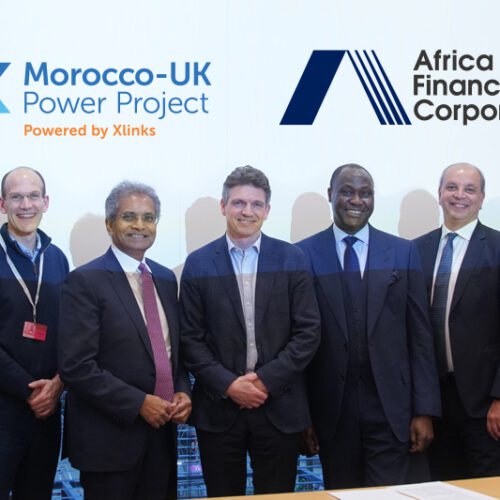The UK is to host what’s been described as the world’s largest, most ambitious energy flexibility market trial, part of two separate energy pilot projects launched today.
The Department of Business, Energy and Industrial Strategy (BEIS) has unveiled support packages for both Project TraDER and a separate, nationwide online flexibility exchange pilot programme, which is to be launched by Piclo.
Project TraDER
Project TraDER is aimed at bringing forward a first of its kind flexibility exchange that will allow generators to transact directly with flexible assets located throughout the UK.
The project brings together heavyweights from the UK’s decentralized energy market, including Scottish and Southern Electricity Networks, EDF UK, Kaluza, Energy Systems Catapult, Elexon and more.
Those parties will collaborate on the creation of a single access point for various energy services, including system balancing, stability and network capacity, with the aim of making it quicker and simpler for operating energy assets to provide these services. Renewables will be enabled to pay flexible assets to provide grid capacity, paving the way for new low carbon generation to be brought online at lower cost.
An example provided is that in the event of windy weather, the owner of a wind turbine could pay a diesel generator to secure space on the grid, an instance that current market design prohibits.
SSEN said the system could “fundamentally alter” how consumers engage with the country’s energy system, while the DNO’s system operations director Andrew Roper said the trial promised to unlock new opportunities for renewables to participate in supporting energy security.
Electron will lead the TraDER consortium and said that the first trades are due to go live on the Orkney islands within six to eight weeks.
Orkney has been highlighted as an ideal place for the project to start, considering renewable energy generation often exceeds grid capacity on the islands, creating what Electron described as a “huge opportunity” for flexibility.
Joanna Hubbard, CEO and co-founder at Electron, said the intent was to make it easier for distributed energy sources to “play their full role” in decarbonising the power system.
“This starts with delivering the world’s first marketplace for network capacity: a market in which renewable generators can pay flexible assets to make space for them on an increasingly congested grid. This means we can bring more low cost, low carbon generation into the system and create new revenue opportunities for clean technology operators,” she said.
Kaluza’s role in TraDER relates to its experience and capacity of handling residential flexibility. Conor Maher-McWilliams, head of flexibility at Kaluza, said that existing infrastructure “fails to grasp the full value at its fingertips”, sparking the need for more intelligent and agile energy platforms.
Piclo Flex
Meanwhile, energy tech firm Piclo has secured £562,000 of funding from BEIS to support the launch of a nationwide flexibility marketplace, to be trialled in collaboration with all six of the UK’s distribution network operators, system operator National Grid ESO and more than 250 flexibility providers located up and down the country, including the likes of Anesco and Kaluza.
Having collaborated with DNOs to launch regional flexibility markets, Piclo said it was now seeking to expand the platform’s use as an online exchange for the procurement or sale of any type of flexibility product.
Procurers of flexibility in the UK will be able to search for and bid into various different products, including DNO-led flexibility services, secondary trading of ancillary services and flexible power purchase agreements.
Funding of the £1.25 million pilot originates from BEIS’ Flexibility Exchange Demonstration Competition, launched last year with the aim of accelerating the commercialisation of clean, flexible energy technologies and processes.
James Johnston, CEO and co-founder at Piclo, said he believed his company’s Exchange could be a “game changer” for the UK electricity system.
Both Piclo’s flex pilot and project TraDER were lauded by energy and clean growth minister Kwasi Kwarteng, who said: “If we are to end our contribution to climate change by 2050, it is vital that we explore innovative methods to integrate low carbon sources into our energy system. Building an online marketplace where households and businesses can trade flexibility will make our system more efficient and reduce energy bills.”





